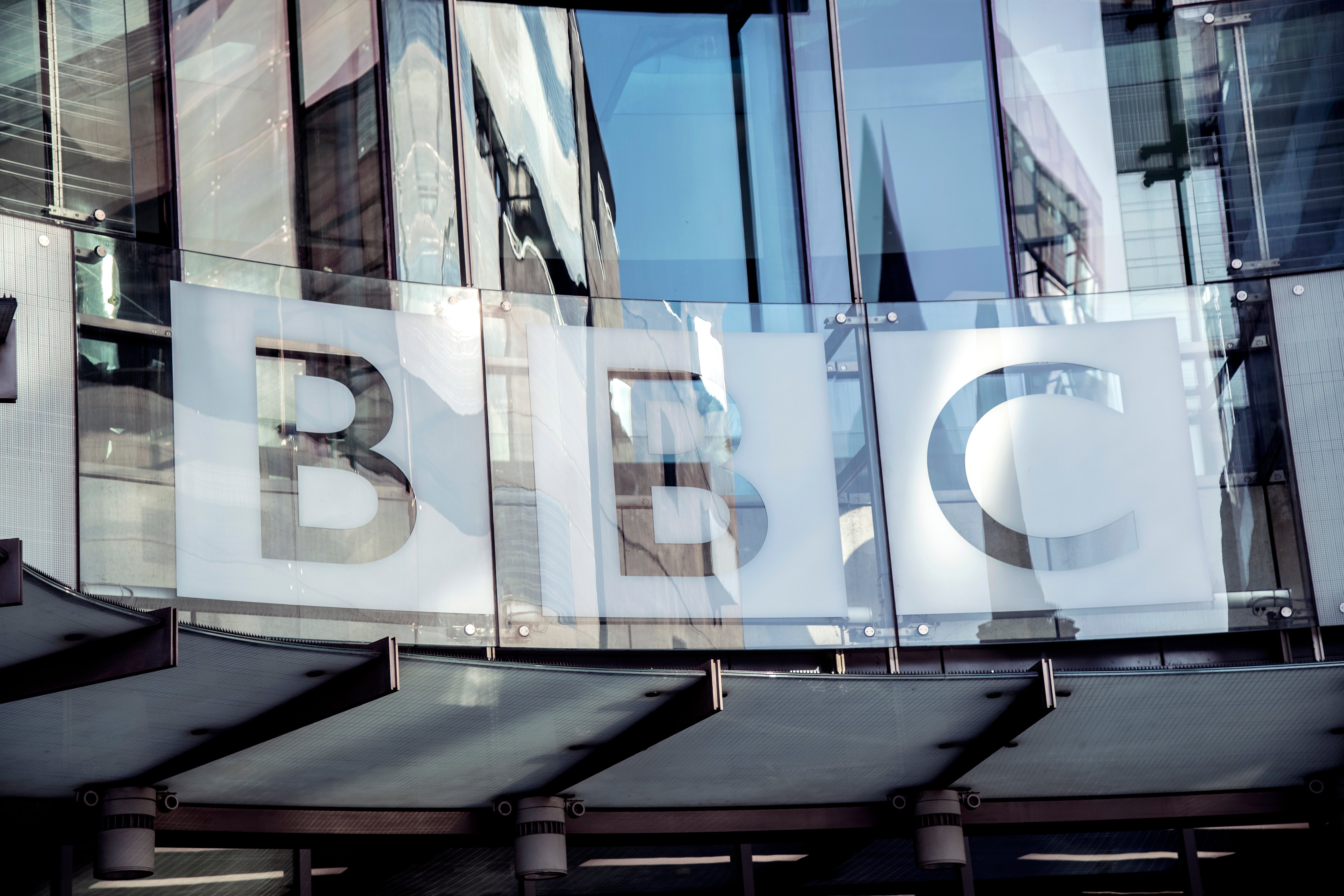BBC unveils three collections to mark 100 years of broadcasting
The 100 Objects collection includes Captain Sir Tom Moore’s walker.

Your support helps us to tell the story
From reproductive rights to climate change to Big Tech, The Independent is on the ground when the story is developing. Whether it's investigating the financials of Elon Musk's pro-Trump PAC or producing our latest documentary, 'The A Word', which shines a light on the American women fighting for reproductive rights, we know how important it is to parse out the facts from the messaging.
At such a critical moment in US history, we need reporters on the ground. Your donation allows us to keep sending journalists to speak to both sides of the story.
The Independent is trusted by Americans across the entire political spectrum. And unlike many other quality news outlets, we choose not to lock Americans out of our reporting and analysis with paywalls. We believe quality journalism should be available to everyone, paid for by those who can afford it.
Your support makes all the difference.The BBC has launched three collections to mark its 100th birthday and tell the story of a “century of broadcasting”.
BBC History has unveiled the trio of online exhibitions looking at the most iconic objects, people and contributors.
Technology props, documents, artwork and buildings from the last century will be featured in the 100 Objects collection.
Objects include the Queen Victoria bust from the EastEnders set and Captain Sir Tom Moore’s walker after his story was first told on BBC Three Counties Radio.
Sir Tom raised more than £32 million for the NHS when he walked 100 laps of his garden before his 100th birthday in April 2020.
A classic BBC microphone, Mr Darcy’s shirt from Pride And Prejudice, the mirror globe used as an early TV ident and Roy Plomley’s proposal letter for Desert Island Discs will also feature in the collection.
A total of 100 photos from the archive depicting BBC personalities make up the 100 Faces collection – featuring correspondents in the field, actors on set, and monarchs speaking to the nation.
The 100 Voices oral history collection tells the stories of people who worked at the BBC, covering news and elections, the birth of TV, radio reinvented, pioneering women, and entertaining the nation.
The three collections are on the BBC 100 website, which also features an interactive year-by-year timeline covering key moments in the corporation’s first 100 years.
It includes the world’s first televised Olympic Games in 1948, the Queen’s coronation in 1953 and the launch of the BBC website in 1997.
BBC head of history Robert Seatter said: “The BBC has an amazing history which belongs to us all.
“As we mark 100 years of our BBC, these new digital resources, partner exhibitions, research and publications give a unique insight into the history of the Corporation and provide something to intrigue audiences of all ages.”
Additionally, the BBC is working with the British Film Institute on the BFI’s 100 BBC Gamechangers which will chronologically list TV programmes that changed the landscape of British TV.
We are delighted to be part of 2022’s BBC 100 celebrations and to be telling the story of a century of broadcasting
The list will be announced in spring 2022.
Meanwhile, the Science Museum Group will digitise 1,000 BBC objects for the first time and launch a major exhibition and events programme across the UK.
Other regional museum partners will also mark the centenary through collections and displays, the BBC confirmed.
Sir Ian Blatchford, director and chief executive of the Science Museum Group, added: “We are delighted to be part of 2022’s BBC 100 celebrations and to be telling the story of a century of broadcasting.”
The new collections will evolve and be added to throughout the centenary year.